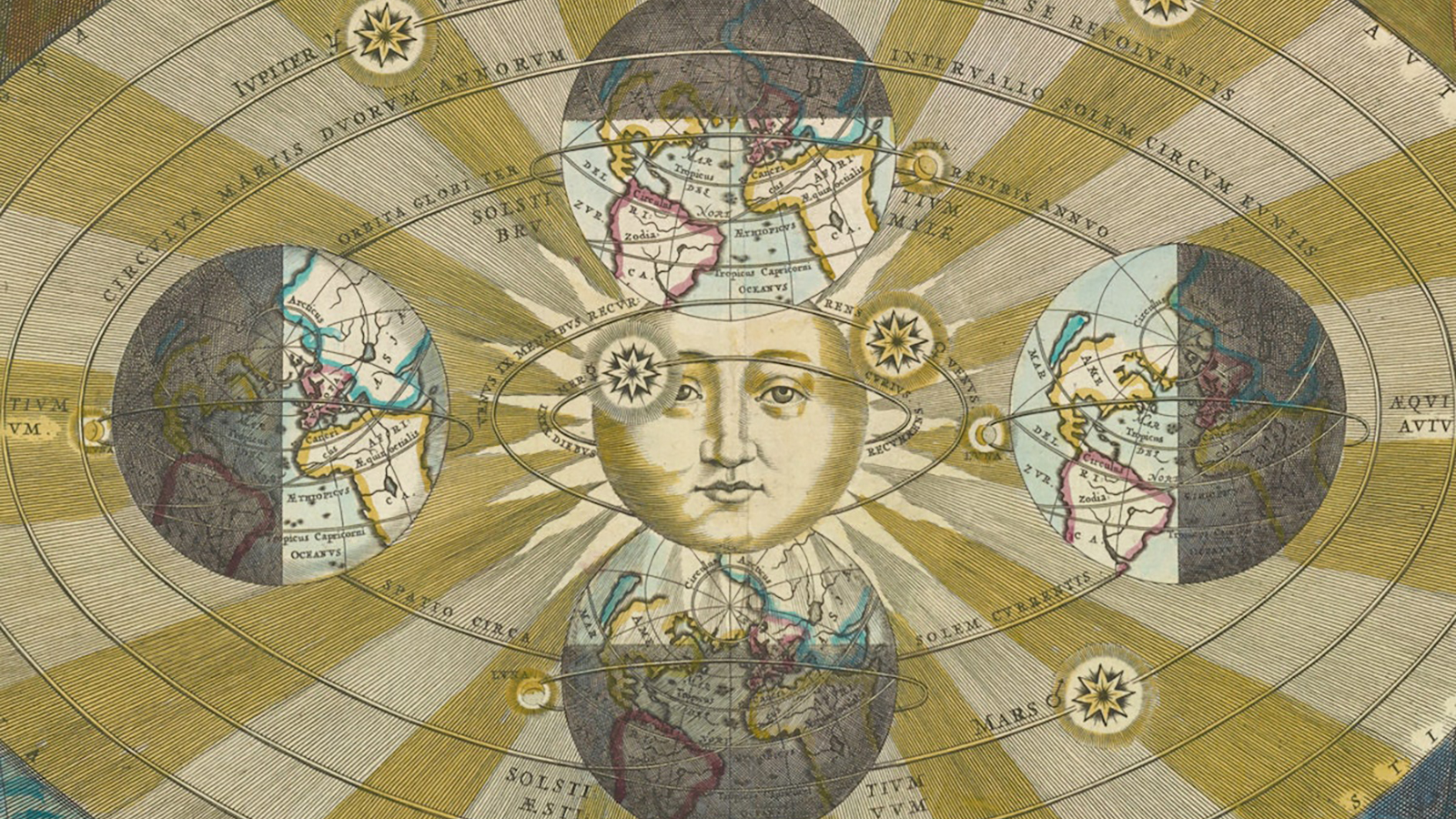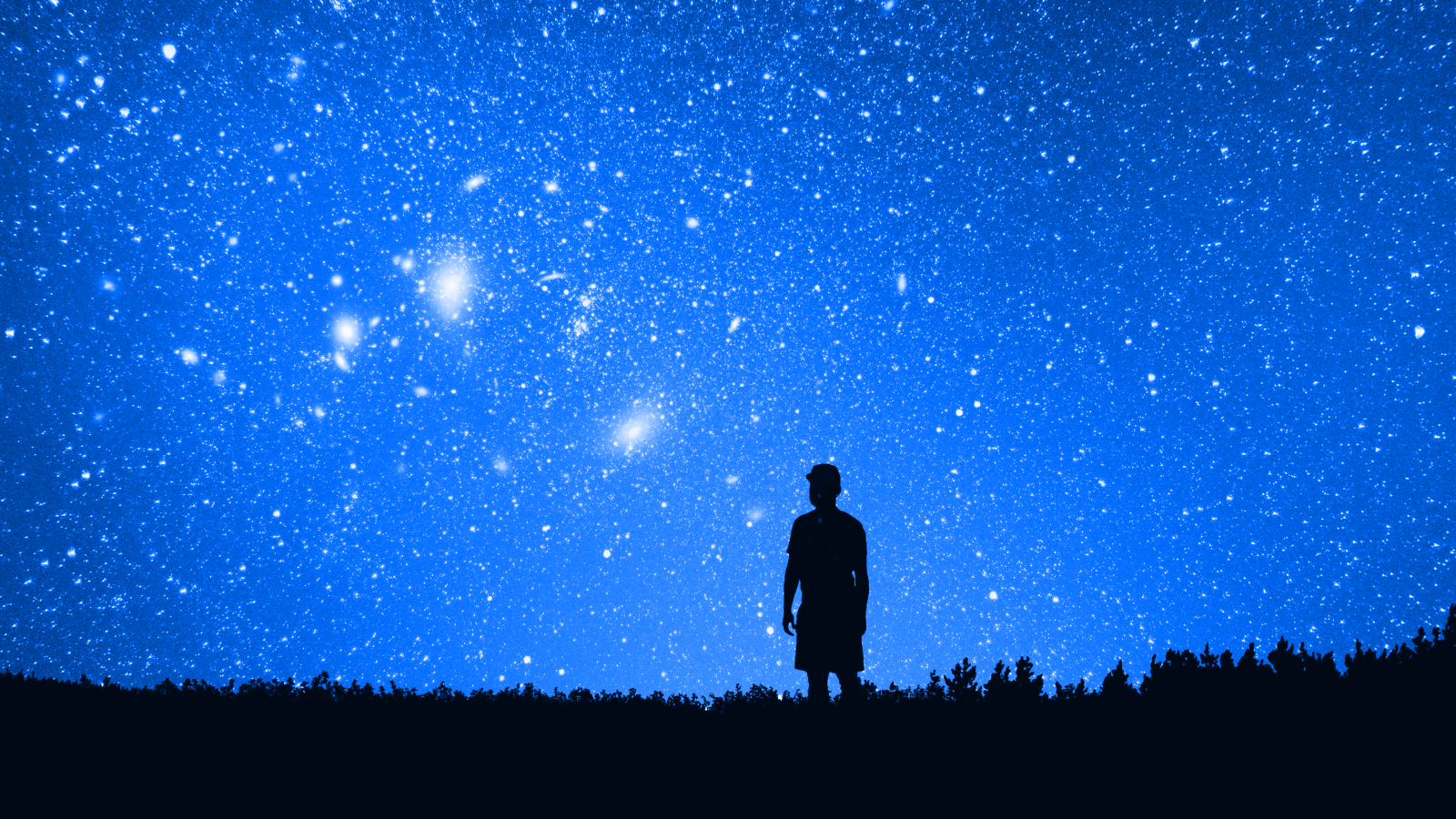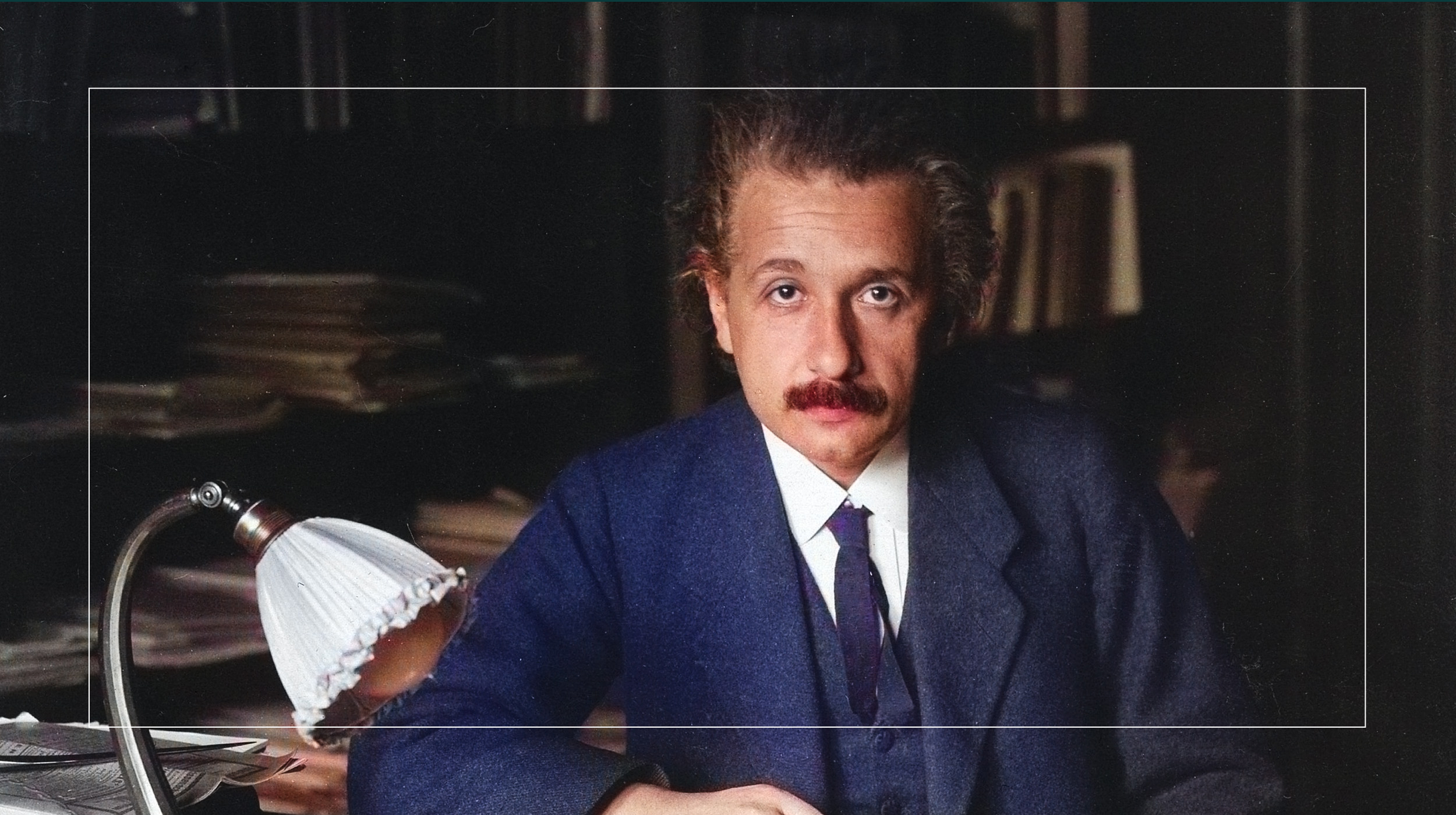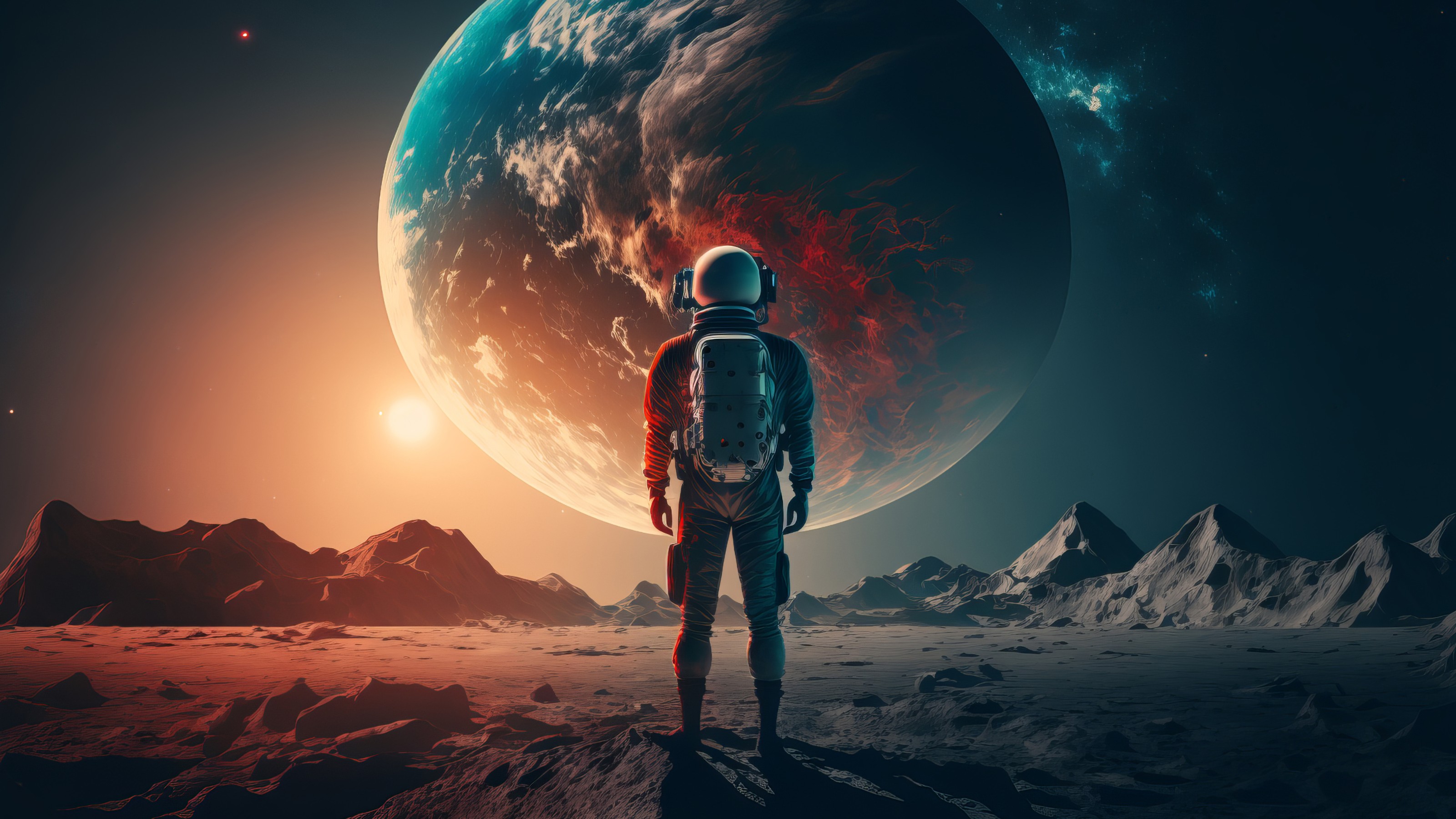Why Carl Sagan believed that science is a source of spirituality
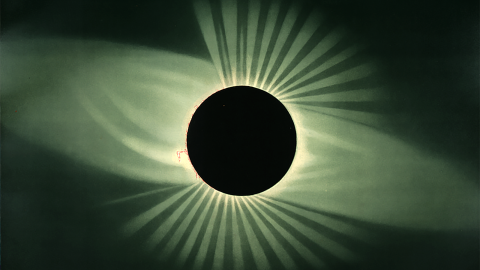
- Albert Einstein and Carl Sagan thought that science and spirituality were compatible.
- We can assist the Universe in its process of cosmic awakening by working together and cultivating “meta-awareness.”
- The worldview of the future is a spiritual ideology guided by science and aided by technology.
Many assume that when you get down to the nuts and bolts of nature, a spiritual worldview is simply incompatible with a scientific one. While that is the common assumption, it couldn’t be more wrong. Spirituality simply refers to a sense of connection to something larger than oneself, and it has nothing to do with the supernatural. To quote Carl Sagan, “Science is not only compatible with spirituality; it is a profound source of spirituality.”
Einstein not only shared this view but also believed that the only path to true spiritual enlightenment was the trail we travel along when we pursue scientific discovery. “The further the spiritual evolution of mankind advances, the more certain it seems to me that the path to genuine religiosity does not lie through the fear of life, and the fear of death, and blind faith, but through striving after rational knowledge.”
So, what is the meaning of life, and the meaning of existence, according to this new worldview? In his book Vital Dust, Nobel laureate Christian de Duve gives a satisfying answer to that question:
“If the universe is not meaningless, what is its meaning? For me, this meaning is to be found in the structure of the universe, which happens to be such as to produce thought by way of life and mind. Thought, in turn, is a faculty whereby the universe can reflect upon itself, discover its own structure, and apprehend such immanent entities as truth, beauty, goodness, and love. Such is the meaning of the universe, as I see it.”
But to realize its meaning and transcendent purpose, the cosmos needs our help. As James Gardner puts it in his book Biocosm: “The universe, de Duve would surely agree, cannot exhibit the miracle of conscious thought nor its finest manifestations — truth, beauty, goodness and love — by itself. To do so, the universe urgently needs the assistance of humble mortals like ourselves.”
So, what can we do right now to assist the universe in its process of cosmic awakening? Beyond self-awareness, there is a higher level of awareness that can be attained by intelligent agents called meta-awareness. This new level of self-reference would refer to awareness of self-awareness, but it would also indicate that the agent understands that it is part of a larger network of agents that are all part of an interdependent, interconnected whole that we call the biosphere, and more specifically, the global brain. Behaviorally, meta-awareness means you are aware of your causal power and choose to optimize your decision-making so that your choices are consistent with your long-term goals and the goals of the society one is embedded in.
Meta-awareness must be consciously cultivated in order for it to fully emerge in an agent, and when awareness of awareness of awareness goes mainstream, the resulting synergy will take humanity to new heights. But meta-awareness is not a luxury; if we do not become cognizant of the fact that the only way we can overcome our collective existential challenges is by working together, our civilization will fail. Therefore, while nations must retain their individual identities — remember, there is strength in diversity — they must also align common interests, which produces synergy through minimizing conflict and promoting cooperation. Optimal complexity and computational capacity comes from a balance of diversity or differentiation and integration or connection.
To align interests, we must have a common worldview. Sagan said, “A religion, old or new, that stressed the magnificence of the Universe as revealed by modern science might be able to draw forth reserves of reverence and awe hardly tapped by the conventional faiths. Sooner or later such a religion will emerge.”
“Religion” is a loaded term, but a spiritual ideology that is guided by science and aided by technology, that has a universal morality and a shared existential goal, will be the worldview of the future. It has to be if we want our civilization to survive. Under the cosmic perspective, there is no “us versus them,” there’s only “we.” Since we’re all part of an interdependent whole, our goal should be to try to achieve the greatest good for the greatest number of people. While the dream of a cosmic religion might sound hopelessly idealistic to some, I do believe it is a supremely reasonable and attainable worldview, one that any enlightened society will eventually move in the direction of. A 2017 study that surveyed over six hundred people found that psychedelic experiences, by dissolving one’s ego and ideological framework, reliably shifted people’s political beliefs and attitudes toward ones that could be described as more compassionate and progressive.
Specifically, individuals became more opposed to authoritarianism and more concerned with the well-being of others and of nature. So, things like scientific enlightenment and higher states of consciousness naturally bring us closer to the cosmic perspective by revealing the interconnected nature of our society. I’m not suggesting that everyone over the age of eighteen eat magic mushrooms tonight, although that would be a fascinating experiment. I am saying we need to have a cognitive reset, and we can do that simply by thinking of ourselves as global citizens of the planetary superorganism called Gaia.
You are not a cosmic accident. You are a cosmic imperative.
Our primary collective goal should be hyperconnection. Every year the number of ways to socially connect with others, even those in the most remote locations, increases exponentially, allowing for ever-greater information flow. This inevitably promotes greater social awareness and knowledge exchange. It is also a mathematical fact that increasing the number of connections between nodes increases the computational power of a network. If human civilization really is one massive neural network now, with each individual and device acting as a node or neuron, then that means social media has the ability to create some powerful network effects. We must utilize all the tools of the information age — and invent new ones. The power of blockchain technology to facilitate the emergence of self-organizing systems of all types is just beginning to be explored.
Yes, the world has some serious problems, but if we did not have problems, we would never be forced to find new solutions. Problems push progress forward. Let’s embrace our ultimate existential challenges and come together to solve them. It is time to forget our differences and think of ourselves only as humans, engaged in a common biological and moral struggle. If the cosmic perspective, and the philosophy of poetic meta-naturalism, or some similar world-view of evolution and emergence, can build a bridge between the reductionist worldview and the religions of the world, then we can be optimistic that a new level of order and functionality will emerge from the current sea of chaos.
Knowledge is enlightenment, knowledge is transcendence, and knowledge is power. The tendency toward disorder described by the second law requires that life acquire knowledge forever, giving us all an individual and collective purpose by creating the constraint that forces us to create. By becoming aware of our emergent purpose, we can live more meaningful lives, in harmony with one another and with the aspirations of nature. You are not a cosmic accident. You are a cosmic imperative.

